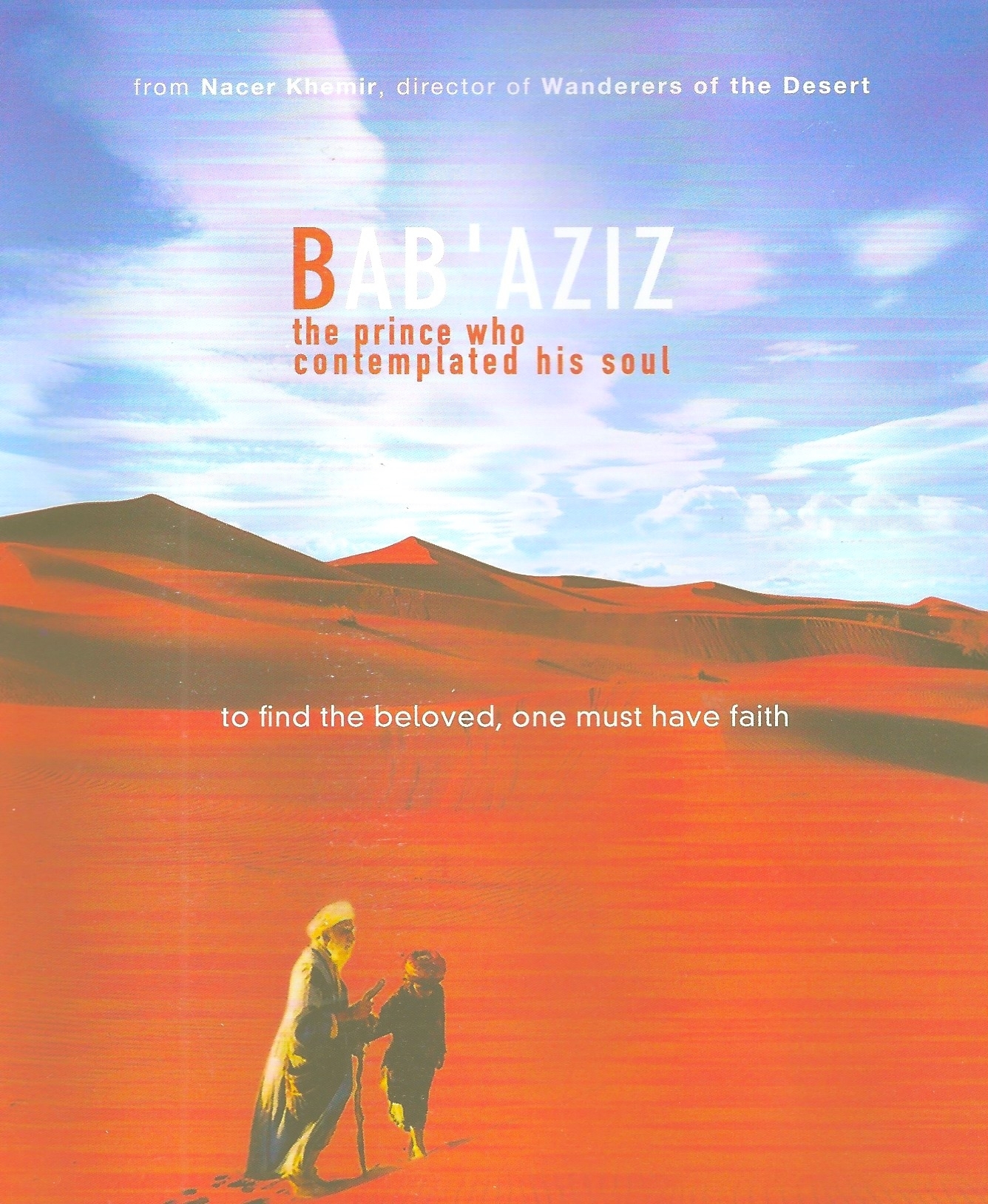I have seen this movie five times. Each time, I gain a new perspective and deeper understanding. Granted, it may not be completely appealing to everybody, but the beautiful imagery, superb filming and wonderful use of music, make this film well worthy of viewing. Above all it makes the viewer step back and really think about some of life's deeper meanings. This movie has English sub-titles.
The story line is complex yet simple and employs many Sufi ideas after the fashion of Rumi's writings. The desert scenery and realistic sets, filmed in Iran and Tunisia are breathtaking and the direction and acting have won many awards in Europe and beyond. The dancing and music are totally captivating.
Rather than attempting to provide a professional analysis, I will utilize portions of a review by Frederic and Mary Ann Brussat for the magazine Spirituality and Practice, whose headline was:
An enchanting and parabolic film about the beauty, grace, humility and love of the Sufi path to the heart.
"With its rich blend of mystical poetry, its diverse literature, its spiritual ethics, and its many musical masterworks, Sufism is a path of the heart that speaks to those who yearn for a closer intimacy with God, a richer interior life and a repertoire of spiritual practices that give it depth and meaning. Bab'Aziz - The Prince who Contemplated His Soul is the last film in the Desert Trilogy of Tunisian Director Nacer Khemer. It is visually stunning. and presents a multi-level glimpse of Sufism, the mystical expression of Islam. Bab'Aziz enchants with its beautiful and profound depictions of love that animates our relationship with the Beloved, with the world and with our neighbors.
The path of heart is incarnated in Bab'Aziz, an old blind dervish man who intimately knows the desert and its many austerities and beauties. He is a perfect example of the Sufi adab; a practice of incorporating humility, courtesy, kindness, a reverence for the world, and a deep respect for others. With his young granddaughter Ishtar, he is on his way to a conference of Sufi dervishes that only takes place every 30 years. Although the young granddaughter is anxious about finding the place and getting there on time as they wander for days over the sand dunes in the desert, he assures her that those who are meant to attend the gathering will find their way there. Bab'Aziz has learned the fine art of surrender to God; someone with his kind of faith doesn't fret about the obstacles along the way. He refers to Ishtar as his little angel and lets her know that the dimple on her chin signifies the grace of God which has blessed her.
To keep his granddaughter entertained on a cold night, Bab'Aziz tells her a story of a prince who, one day, follows a gazelle across the desert, leaving behind his life of luxury. He is found later, gazing into a pool of water; the dervish watching over him explains that he is contemplating his soul. His people are astonished that he could choose the invisible world over the more alluring visible one he had inherited, but they leave him alone.
This tale is juxtaposed with the stories of several other characters, including a red-haired dervish who sees his job of sweeping in the mosque as an act of devotion to the Beloved. Another character, is Zaid, a gifted singer and poet, who is searching for Noor, the beautiful daughter of a Sufi songwriter; and Osman, who yearns for the palace and the woman he discovered when he fell into a well. The story of the prince and the quests of these three characters all illustrate the yearning that drives Sufis to seek intimacy with the Divine. It is a love that will not let them go."
Kelvin Kent (Spirit Fest Committee member)

